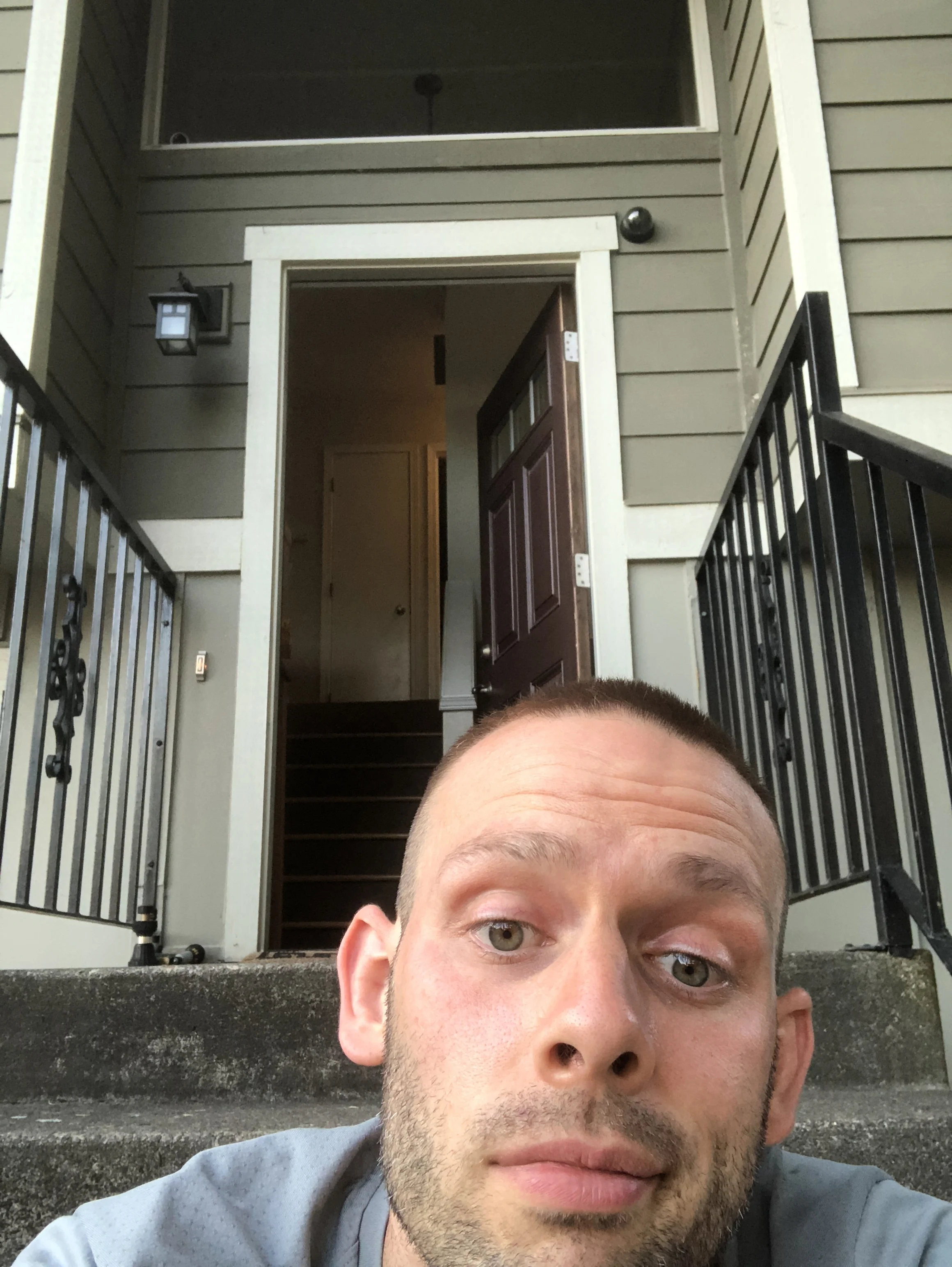finding my voice in the worst way
I’ve always loved writing. I started writing poetry at the age of 4. I still have those poems tucked away in boxes under my bed at home in Indiana.
I’ve written various blogs over the years and started more projects than I’ve finished.
But it wasn’t until around 6 years ago that I grew a whole new confidence in what I was writing. It wasn’t a confidence I wanted, but it came through life experience.
6 years ago, my brother-in-law, lost his life in a painful battle with cancer.
It really didn’t make sense at all. I don’t think death ever does, especially at that age. He was 33, college athlete, budding music star, a man of fierce character and integrity, who always looked out for others.
I used to write about what I thought life was like or should be. I was confident in that, or so I thought. I read my Bible and followed the formulas.
But when tragedy strikes, nuance is added. Prayer doesn’t always work in the sense of how one feels it should. God grows distant. And Scriptures no longer make sense.
And in that, I found my voice. A voice that had been humbled. One that had added grace and compassion to knowledge. One who could resonate with another who had lost someone far too early.
You never want to admit that any good has come out of tragedy. Rachel Hollis shares about tragically losing her brother, saying, ‘But if you don’t look for the good of what you came through, it’s all wasted.’ No one wants to lose a loved one. But eventually, what else is there to do than to grow by it? It can overcome and swallow us, which is absolutely fair as well. But we can also take what’s happened and allow ourselves to have just a little more grace, a little more compassion, a little more understanding, and all of that adds up to a lot more love.
My sister Angie, despite facing her own trauma that would leave her paralyzed in her room or on the side of an interstate, began volunteering with the local ESL (English as a Second Language) community. She began spending time with the Sudanese refugee community who quickly became her best friends. She went to Zimbabwe and India to serve with orphans and children in need. She studied massage techniques to serve oncology patients. And she began working as a neuromuscular therapist to help others who were facing similar challenges of her late husband.
Would she, would we, do anything to have Will back or to have never let him go? Absolutely. Can we honor him by learning and growing because of his death? I think so.
I was working on another project and was looking for a quote. I opened a document I keep of quotes and I came across a separate one I had that I written down the week after Will came home from the hospital after being placed on Hospice.
Even re-reading them, I see where my words have gone from answers in my younger days to the sharing the nuances of faith, hope, and… death.
I have a little more of my own voice now, but much of it came through his.
“We’re not giving up on you.” – Kelli
“I don’t want to give up…. I just don’t know how (to keep fighting).” – Will
“It’s hard because he has hope but he’s dying. So there’s hope there but at the same time, you know you are dying. How do you balance that?” – Angie
“What are you praying Will?” – Peter
“I’m just praying that God would continue to hold on to me.” – Will



